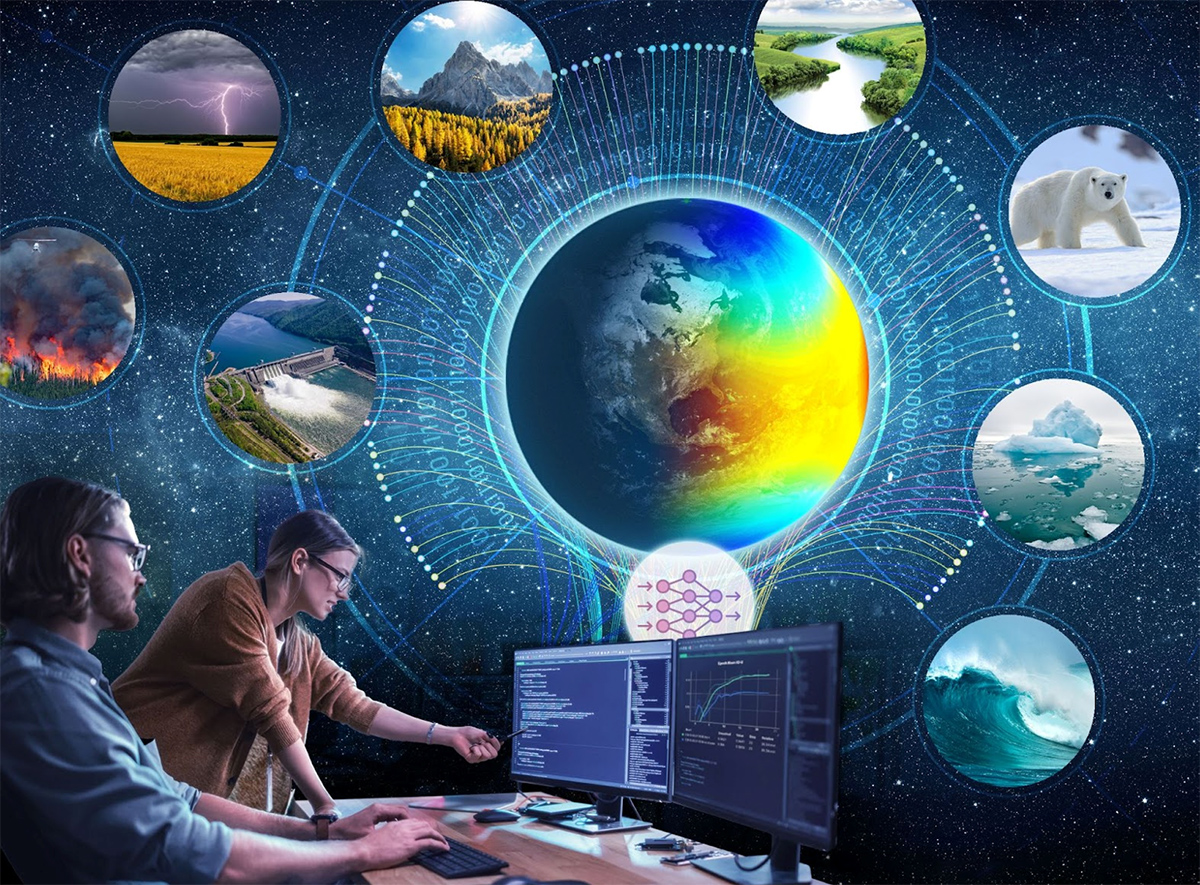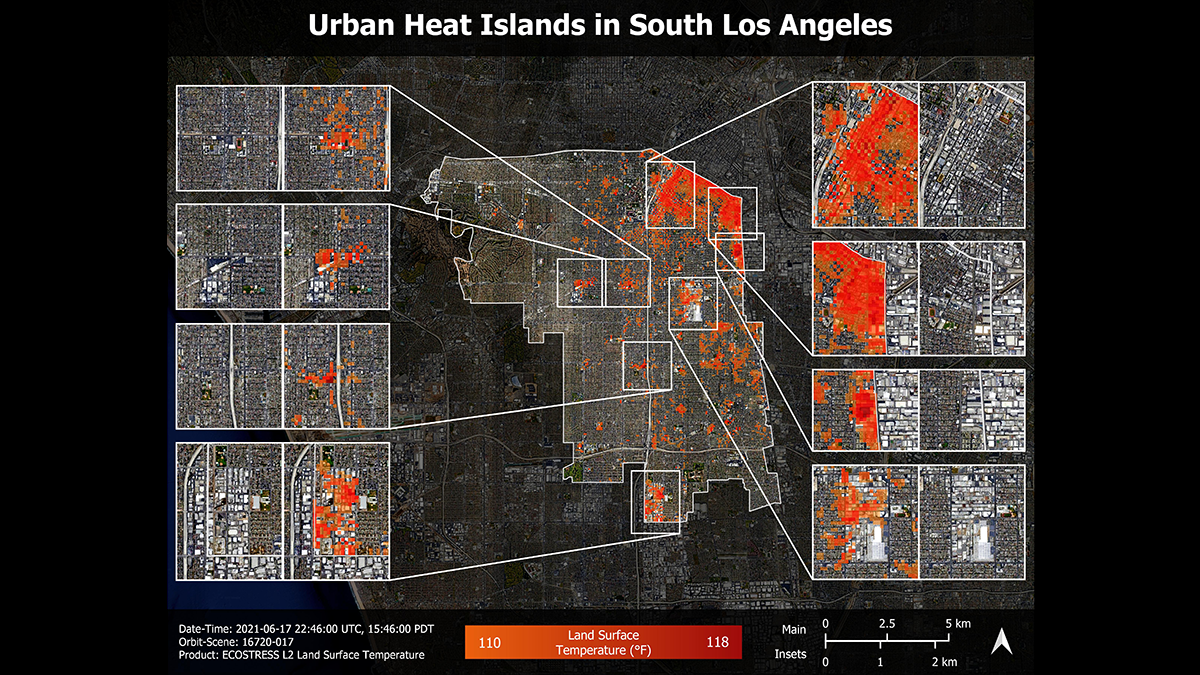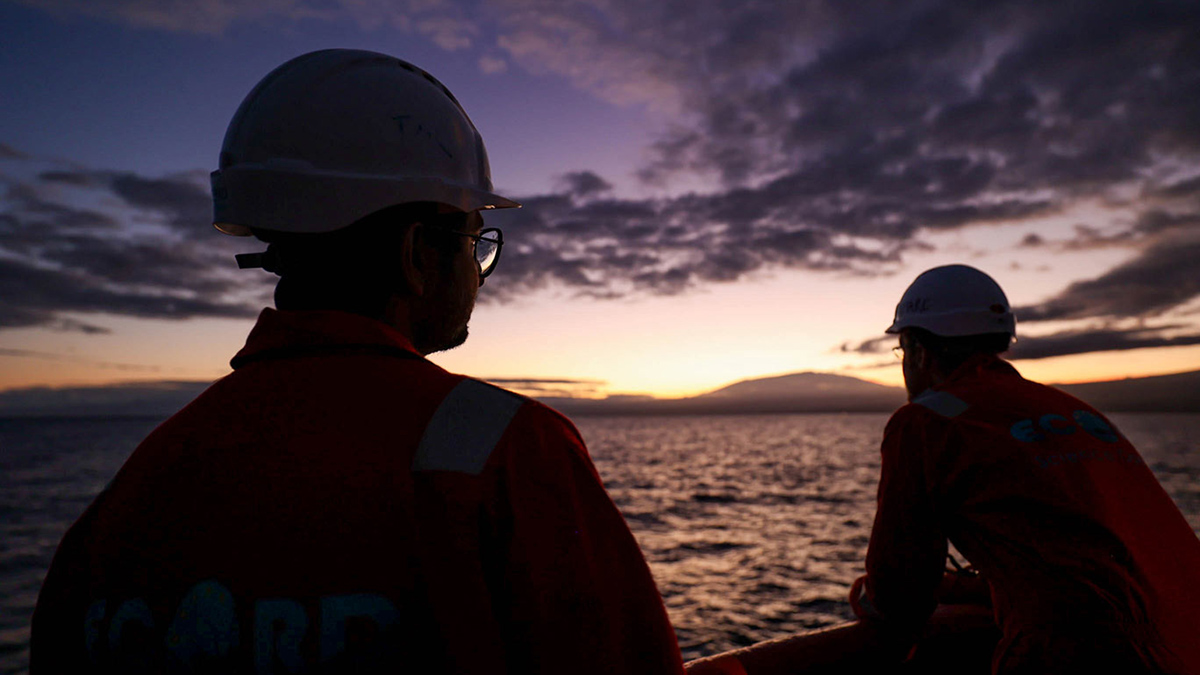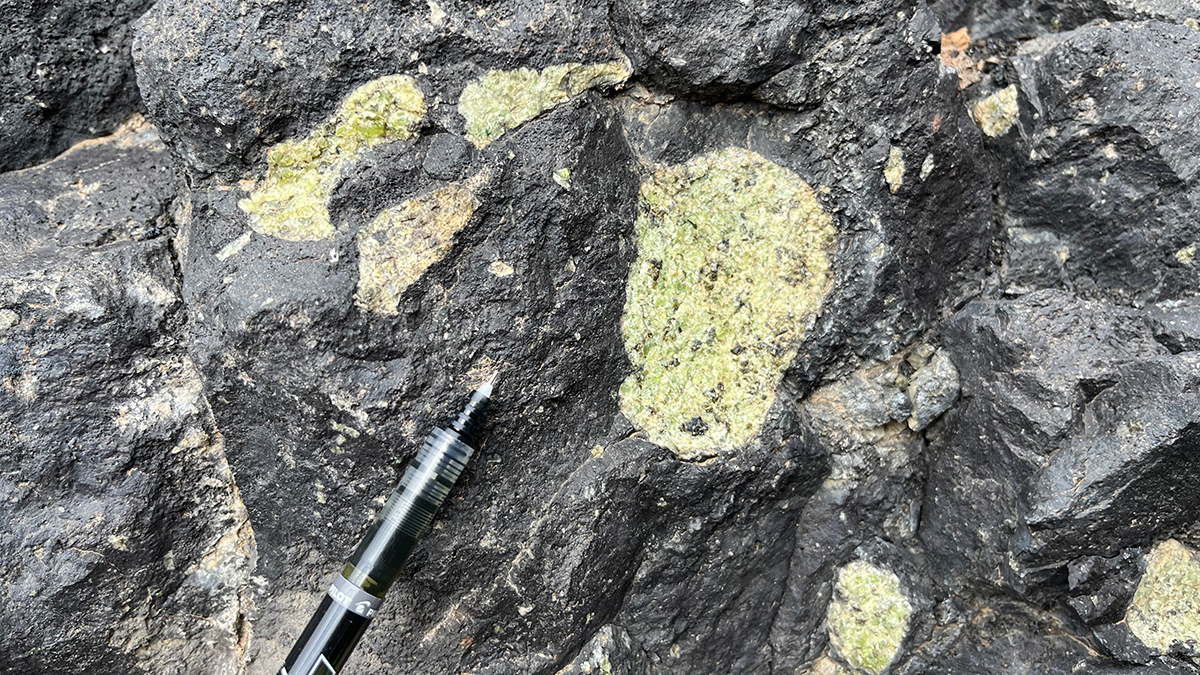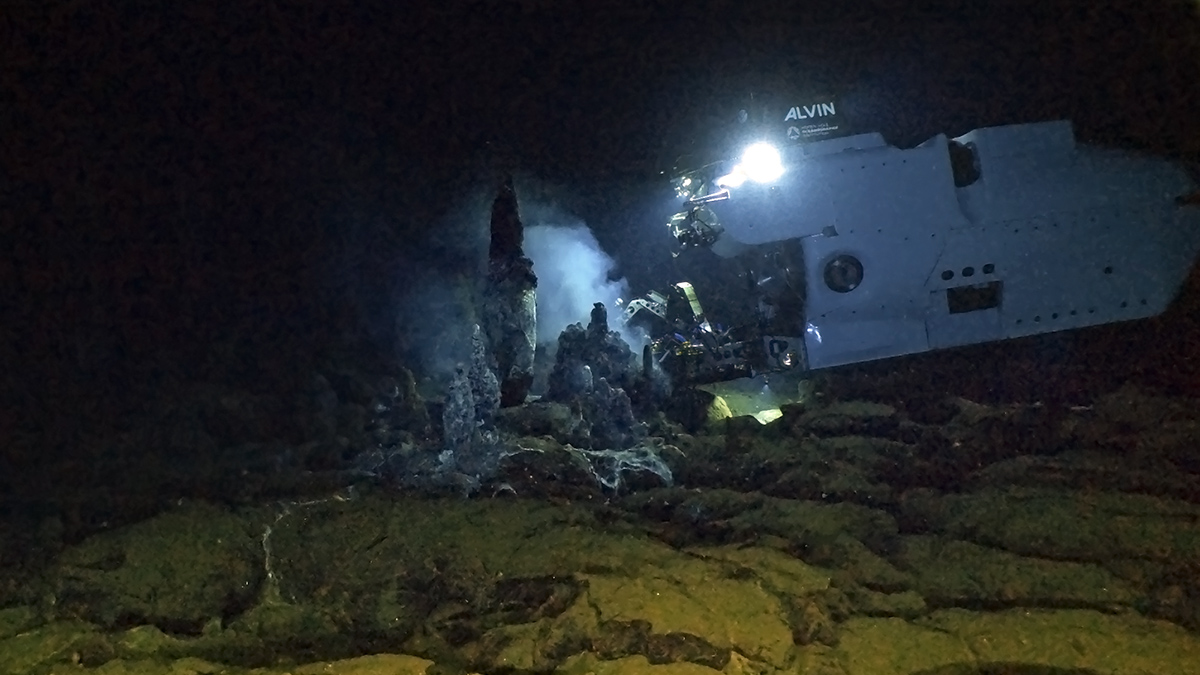Researchers learned machine learning methods during a boot camp, then applied their new knowledge to real-world research problems during a hackathon.
Science Updates
A New View of Gamma Rays from Thunderclouds
Observations from high-flying aircraft revealed that thunderclouds act as natural particle accelerators, emitting energetic electromagnetic radiation more often than scientists expected.
A Diverse New Generation of Scientists Observes Earth from Above
Project-based learning and a modular class design help students from various backgrounds and universities gain hands-on experience with environmental remote sensing.
Unlocking Climate Secrets of Hawai‘i’s Drowned Reefs
Researchers set sail to study sea levels, climate, ecosystem responses, and volcanic histories over the past 500,000 years, using an innovative seabed drill to sample fossilized reefs off Hawai‘i.
The Deep Frontier of Mantle Magma Supply
Compared with crustal magma systems, little is known about the deep sources of volcanic supply chains. Interdisciplinary efforts can help answer key questions about how magma migrates from the mantle.
Planting Seeds for Thriving Data Management
Learning how to manage research data is a core part of scientific education. The Earth Science Information Partners community has ideas to help early-career scientists build these important skills.
Confronting Debris Flow Hazards After Wildfire
Scientists and practitioners have identified research priorities to improve scientific understanding of postfire debris flows and meet decisionmaking challenges posed by this growing hazard.
Sensing Potential, Scientists Refine Thermal Imaging of Ecosystems
At a recent “bake-off,” researchers judged thermal infrared cameras and developed guidelines for their consistent use in studying vegetation temperatures, which illuminate vital ecosystem processes.
An Upgraded Alvin Puts New Ocean Depths Within Reach
The newly retooled submersible, which has already returned fascinating new findings from Earth’s watery depths, is opening more of the deep ocean to direct human exploration.
Beneath Greenland, Insights for Energy Transitions and Climate Models
Emerging consensus on the structure and dynamics of Greenland’s lithosphere may help improve forecasts of climate and sea level change and develop solutions for sustainable resource use.

